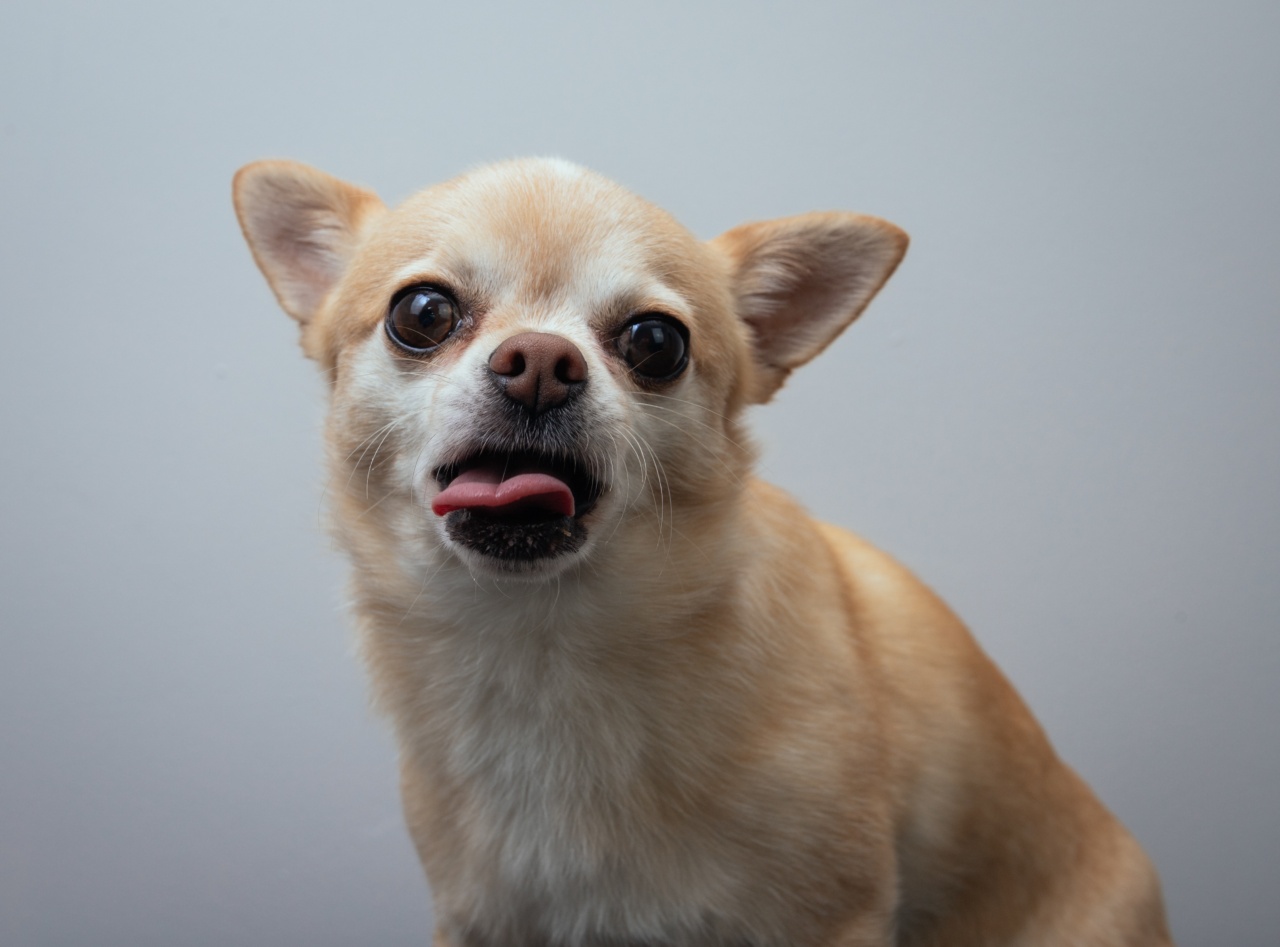Have you ever seen your dog suddenly start running around in circles or barking endlessly at nothing? This kind of behavior can often be attributed to impulsive behavior, which is also known as canine insanity.
In this article, we’ll explore the reasons behind your dog’s impulsive behavior and what you can do to help them cope.
What is Canine Insanity?
Canine insanity is a term used to describe impulsive behavior in dogs. This impulsive behavior can manifest itself in different ways, such as sudden barking, biting, or running around in circles.
These behaviors can often seem inexplicable, but there are a few potential factors that could contribute to your dog’s impulsive behavior.
Genetics
One potential cause of impulsive behavior in dogs is genetics. Some dog breeds are more prone to impulsive behavior than others, which suggests that genetics may play a role.
For example, breeds such as border collies and Australian shepherds are highly active and intelligent, which can sometimes lead to impulsive behavior if they don’t get enough physical and mental stimulation.
Environmental Factors
Another potential cause of impulsive behavior in dogs is environmental factors. Dogs that are raised in stressful environments or are exposed to abusive behavior are more likely to exhibit impulsive behavior.
Similarly, dogs that are not socialized properly during their early years may develop behavioral issues, including impulsivity and anxiety.
Poor Nutrition
Poor nutrition is another potential cause of impulsive behavior in dogs. A diet that is lacking in essential nutrients can lead to a number of health problems, including behavioral issues.
Dogs that are not getting enough omega-3 fatty acids may exhibit impulsive behavior, as these fatty acids play a role in brain function and cognitive development.
Anxiety and Stress
Anxiety and stress can also contribute to impulsive behavior in dogs. If your dog is experiencing anxiety or stress, they may exhibit impulsive behavior as a way to cope with their emotions.
This impulsive behavior can manifest in a number of ways, such as excessive barking or destructive behavior.
Disease or Injury
Finally, disease or injury may also contribute to impulsive behavior in dogs. Certain neurological disorders, such as epilepsy and brain tumors, can cause impulsive behavior.
Similarly, if your dog has suffered an injury to their brain or nervous system, they may exhibit impulsive behavior as a result.
How Can You Help?
If your dog is exhibiting impulsive behavior, there are a few things you can do to help them cope. The first step is to identify the underlying cause of their behavior.
If genetics are the cause, you may need to provide your dog with more physical and mental stimulation. Similarly, if your dog is suffering from anxiety or stress, you may need to provide them with a safe and calming environment.
If poor nutrition is the cause of your dog’s impulsive behavior, you may need to adjust their diet to ensure that they are getting all of the essential nutrients they need.
Similarly, if your dog has suffered an injury or has a neurological disorder, you may need to seek medical assistance to alleviate their symptoms.
The Bottom Line
If your dog is exhibiting impulsive behavior, it’s important to identify the underlying cause and provide them with appropriate care. Be patient and understanding with your dog, and seek assistance from your veterinarian if necessary.
With the right care and attention, your dog can live a happy and healthy life free from impulsive behavior.





























